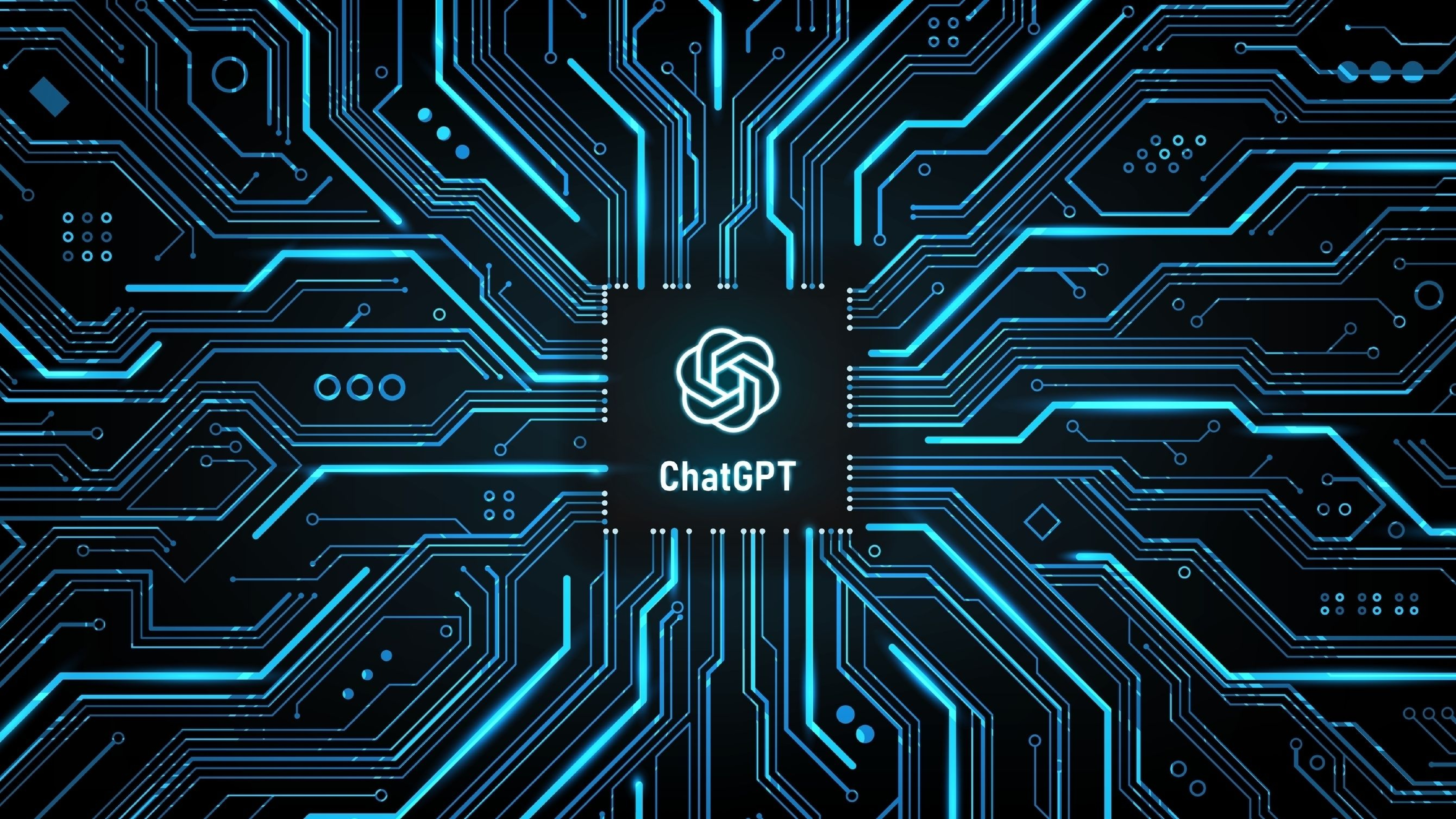
Europol has issued a severe warning about criminals using ChatGPT for nefarious purposes.
The European law enforcement agency has published a report detailing how criminals are using the nascent technology for fraud, cybercrime, and even terrorism.
"The impact these types of models might have on the work of law enforcement can already be anticipated," the report states. "Criminals are typically quick to exploit new technologies and were fast seen coming up with concrete criminal exploitations, providing the first practical examples mere weeks after the public release of ChatGPT."
Fourth version, same problems
In recent weeks, OpenAI has released GPT-4, the fourth iteration of the AI-powered chatbot, which is also more powerful in every sense of the word. It should also be better at refusing to generate potentially harmful content, but it seems as if criminals were able to work around those roadblocks with relative ease.
“In some cases, the potentially harmful responses from GPT-4 were even more advanced. ChatGPT excels at providing the user with ready-to-use information in response to a wide range of prompts,” Europol says.
For cybercriminals, as well as those operating in the physical world, Chat-GPT is the perfect educator, lowering the barrier for entry to a lot of different types of crime. They are using it to learn how to break into a home, conduct terrorism, cybercrime, identity theft, and even child sex abuse, the organization says.
“The identified use cases that emerged from the workshops Europol carried out with its experts are by no means exhaustive. Rather, the aim is to give an idea of just how diverse and potentially dangerous LLMs such as ChatGPT can be in the hands of malicious actors.”
The biggest question arising from this report is - what’s new? All of the information was already available on the internet, anyway. True, Europol says, but the key difference is that the tool provides “specific steps”, as the crooks are able to ask contextual questions. At the end of the day, with Chat-GPT, everything’s significantly easier.
- These are the best firewalls right now
Via: The Register







